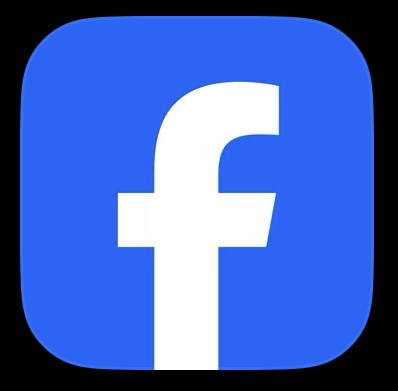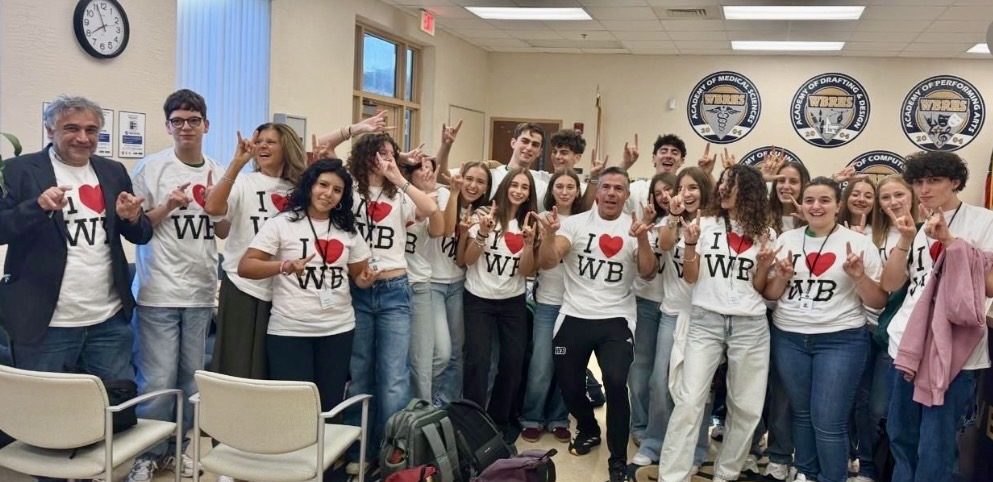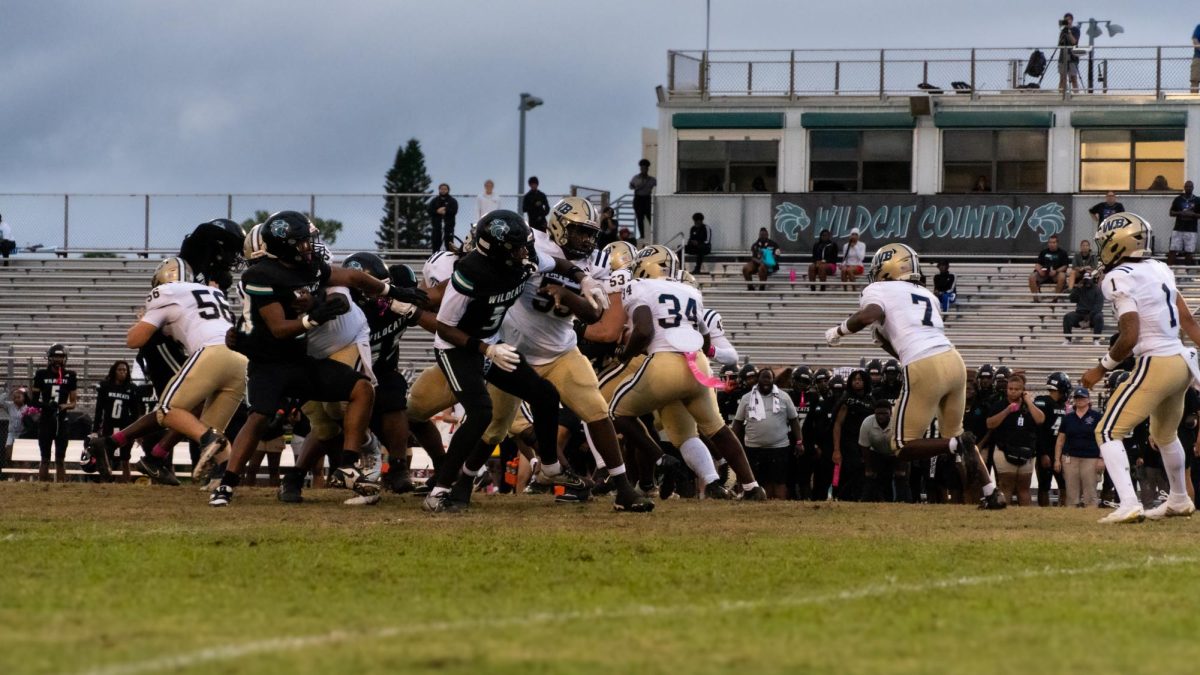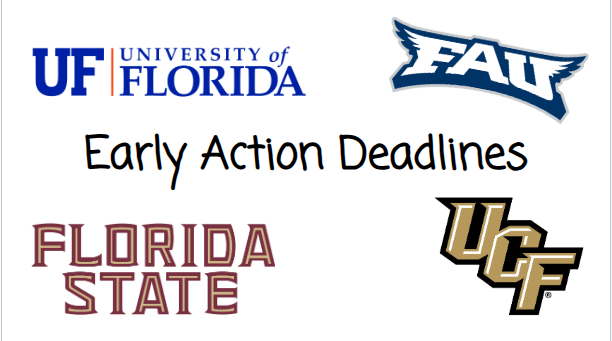
Meta announced on Tuesday, January 7, 2025, that it was ending its longstanding fact-checking program, “a policy instituted to impose restrictions on the spread of misinformation” across its social media platforms.
Launched in 2016, Meta’s primary fact-checking network functioned by processing information on its platforms through third-party fact-checkers. Fact-checkers were certified by the International Fact-Checking Network, which included over 90 organizations that fact-checked posts in more than 60 languages. In a recent news release, Meta wrote, “[Fact-checking systems are] able to identify posts that might be promoting misinformation based on how people were responding to certain pieces of content,” and also how fast posts would spread.
Meta, which owns Facebook, Instagram and WhatsApp, said it would now allow more freedom of speech and expression, and rely on its users to correct inaccurate and false posts, while also taking a more personalized approach to political content.
“Meta’s decision to end fact-checking could leave a massive hole in the fight against misinformation,” says Forbes magazine.
Mark Zuckerberg, CEO and co-founder of Facebook, explains the political controversy behind Meta’s fact checking system: “Fact-checkers who were put in place in the wake of Donald Trump’s 2016 election have proven to be ‘too politically biased’ and have destroyed ‘more trust than they’ve created,’ particularly in the United States.” The withdrawal of fact-checking standards is depicted as a stark sign of how Meta is repositioning itself for the Trump presidency and “throwing its weight behind unfettered speech online.” It is clear that the election was a major influence on the company’s policy change.
In an interview with CBS News, CEO Zuckerberg tells reports that “it’s time to get back to our roots around free expression.”












































